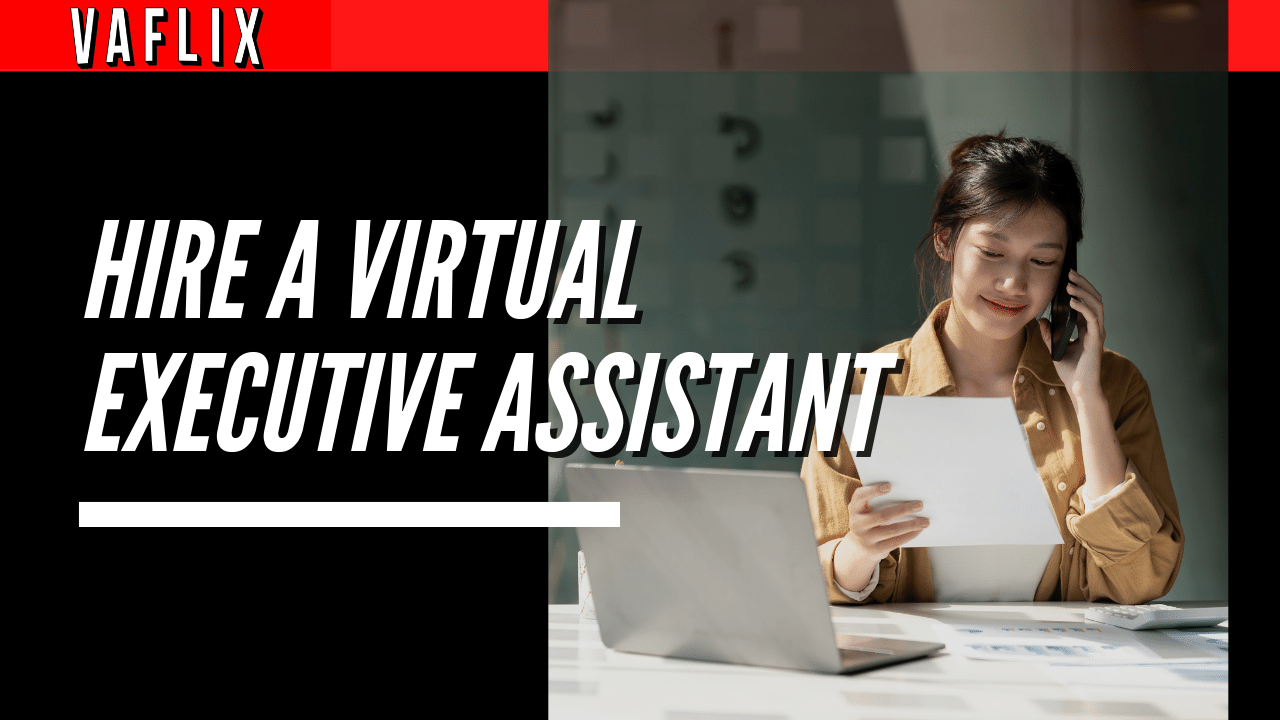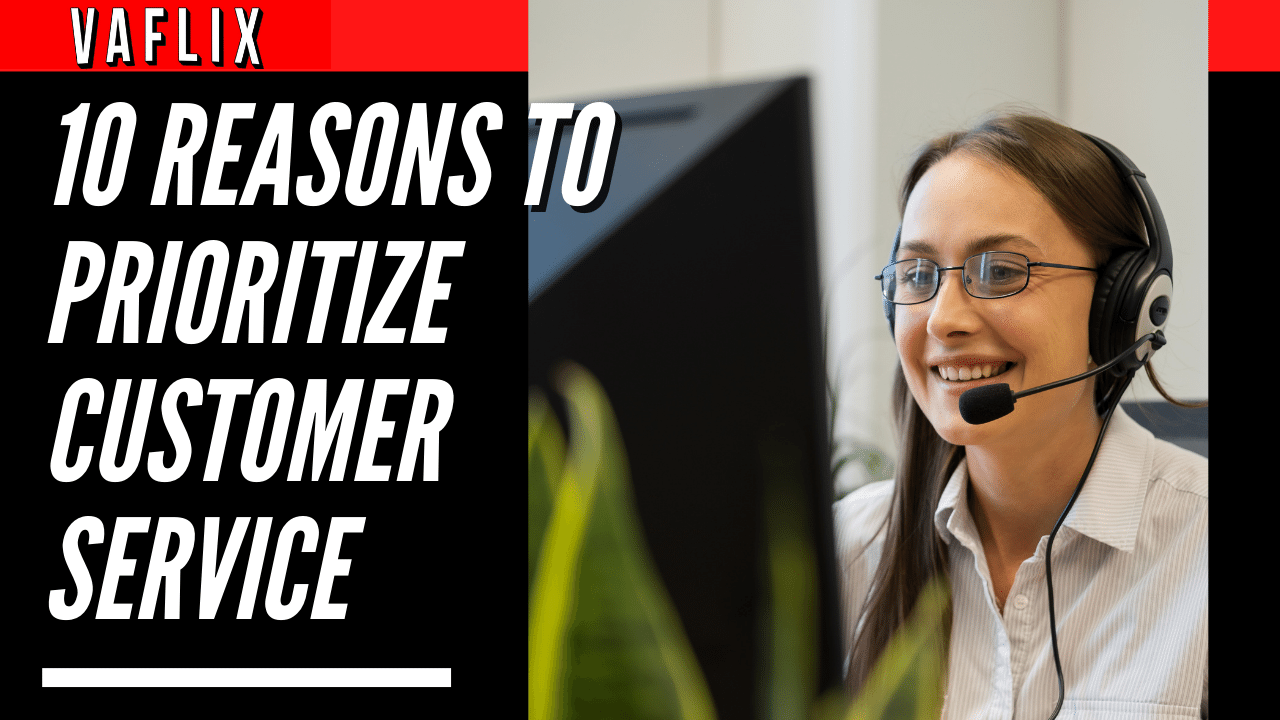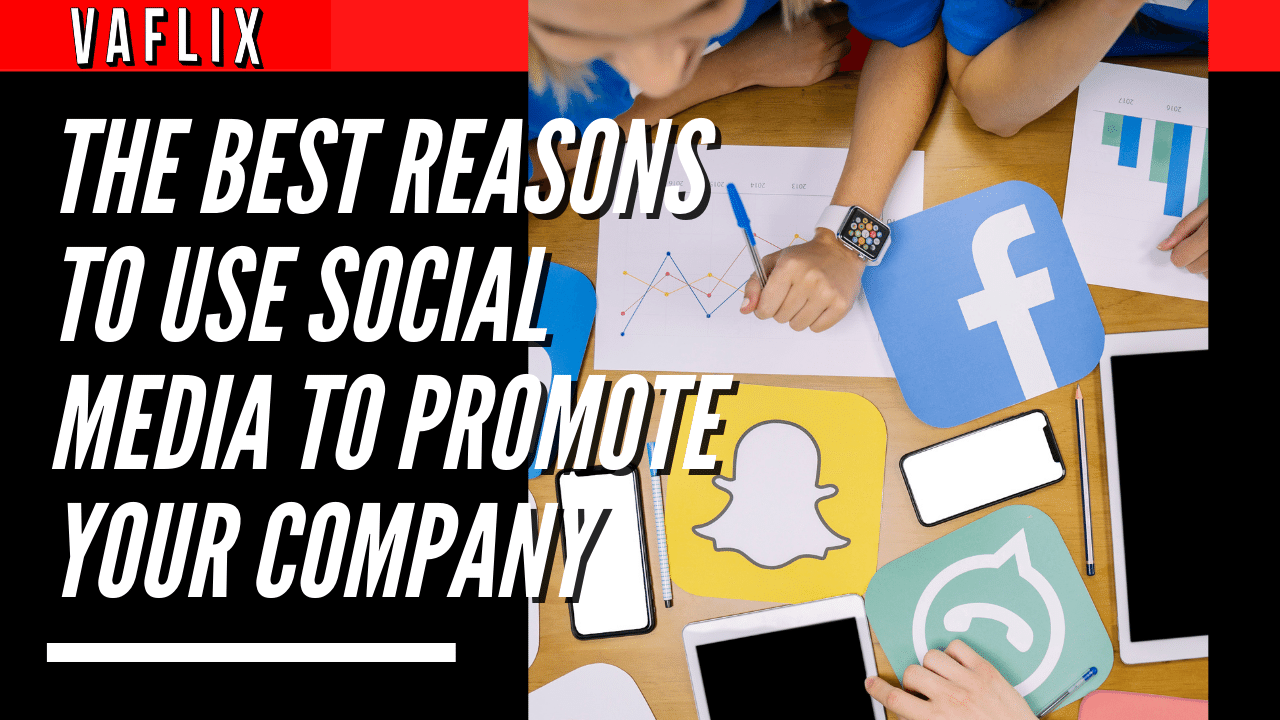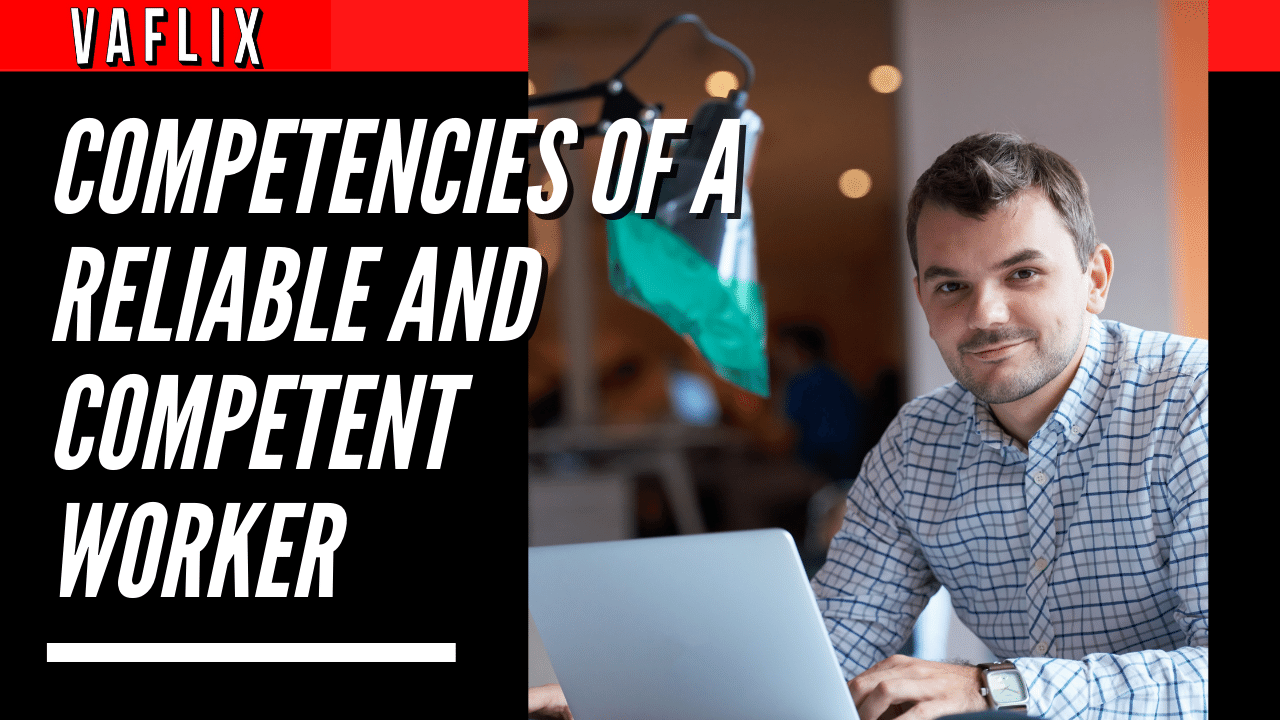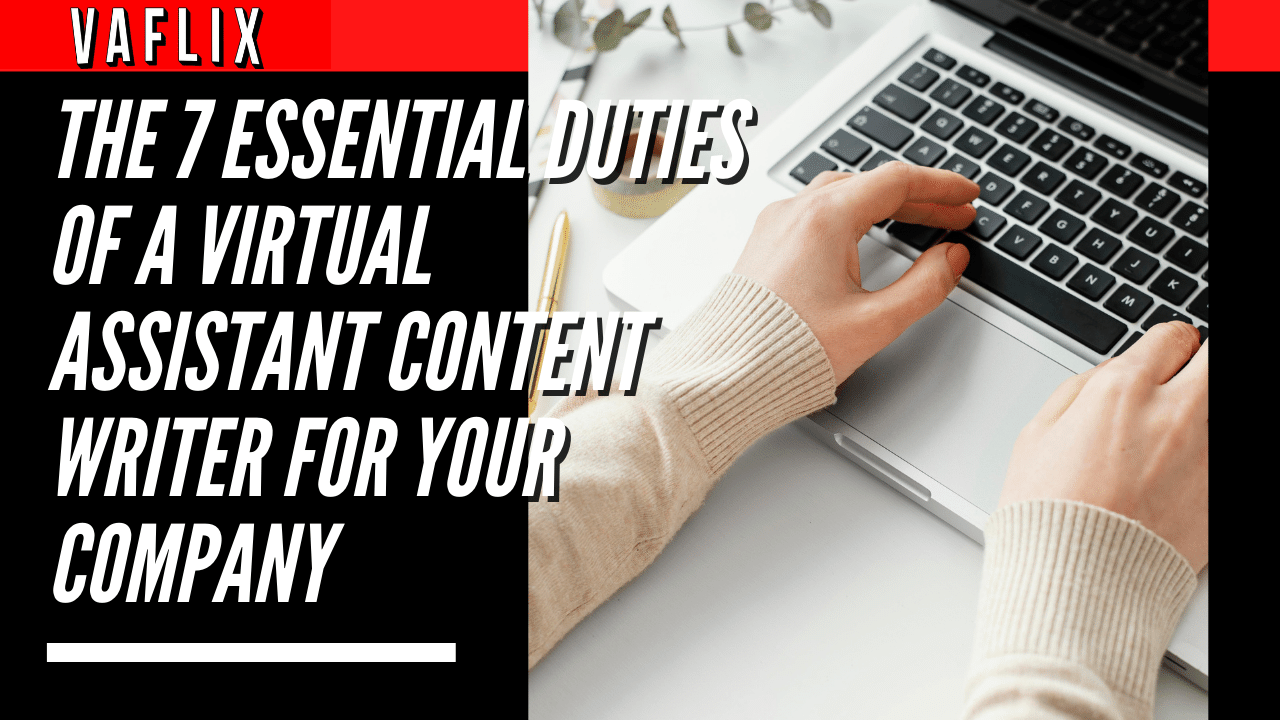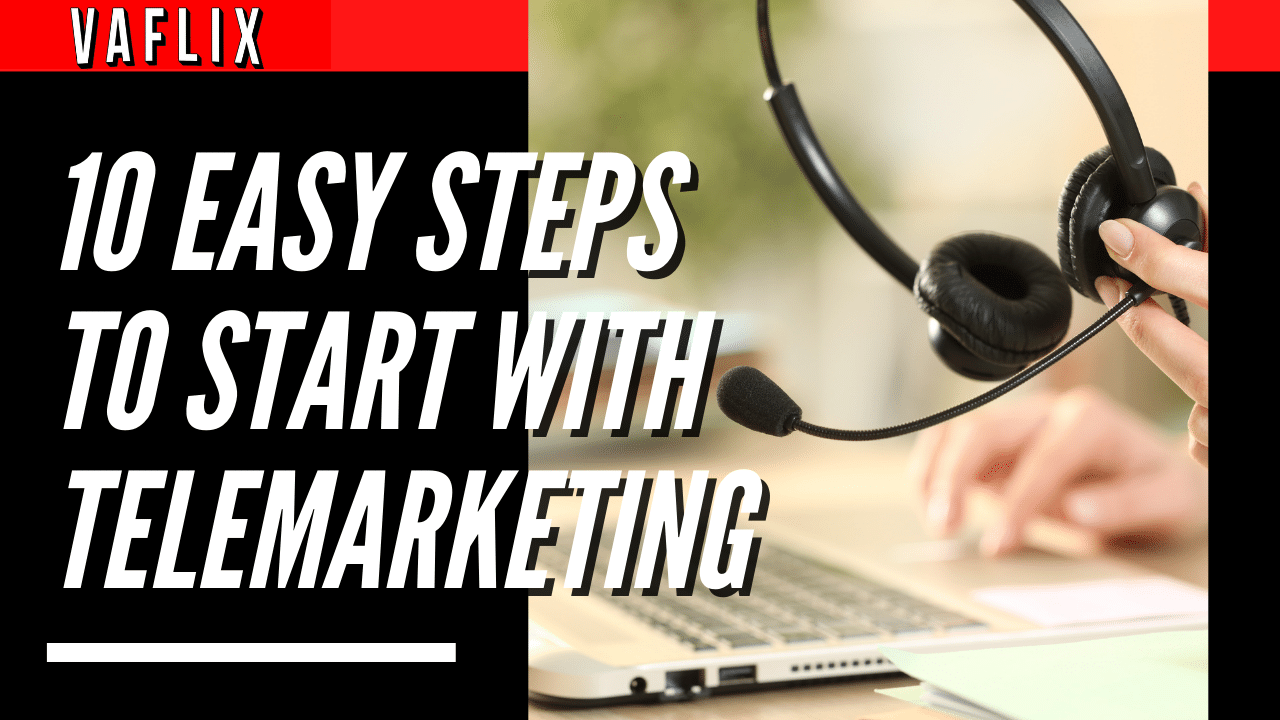Hire a Virtual Executive Assistant
Most of the time, an executive assistant is one of the most noticeable people in the office. But these days, it is easy to handle administrative tasks, run the phones, and make the lives of the people who run the business easier virtually.
What You Can Do with a Virtual Executive Assistant
What they can’t do might be a better question to ask. If you hire a virtual executive assistant, they can do many of the same things that an on-site executive assistant can do, such as:
- Administrative duties. An on-site executive assistant is no longer needed to handle your calendar, files, emails, phone calls, and answer and direct calls.
- Scheduling. Need to plan an event? An appointment that was made for you? All of these tasks can be given to someone else by using a virtual executive assistant.
- Specialized tasks. The work that your company needs done should be able to be done by a virtual executive assistant. For example, there are jobs as a virtual paralegal that need a special certification.
- Project management. A virtual executive assistant can do the work of a project manager, which requires experience with specific platforms and technical knowledge for each project. They can help team members communicate through email and messaging platforms and make sure that notifications, reminders, and follow-ups happen when they need to.
- Travel arrangements.
- Writing and editing. Need a second pair of eyes on a rough draft or a second opinion on a presentation you’re giving? The documents can be edited by a virtual executive assistant who goes through them.
- Remote office management. A virtual executive assistant can do things like keep the books, send and receive payments, and handle payroll.
Common Scenarios for the Virtual Executive Assistant
Still can’t picture how it will happen in your everyday life? Here are a few examples that might help you understand:
- Email and Calendar Management: You want to set up a meeting with your team, but you also need to get remote workers on the same page. Instead of playing “inbox tag” with different people all day, you can hire a virtual executive assistant to get everyone on the same schedule. And since the assistant will take care of your inbox and schedule, you won’t ever have to look at an email.
- Phone Support: You want to avoid interruptions as much as possible, but you don’t want to ignore calls from clients. If your phone system sends incoming calls to a remote virtual executive assistant, you won’t have to leave your work to make a client feel important.
- Data Entry and Finance Tasks: Year-end planning keeps you from taking more time off for the holidays, and it includes some of your least favorite tasks, like data entry, expense reporting, and more. By giving this work to a virtual assistant, you not only get rid of one of the most time-consuming parts of running a business, but you also make sure you have more time for what really matters.
What to look for in a virtual executive assistant
It’s hard to argue against the fact that having an executive assistant would make running a business much easier. But how do you know when you’re ready to play this kind of role? How do you know if you really, really need a virtual executive assistant?
The Pros and Cons of Virtual vs. Hiring
Many businesses can save money by hiring a virtual assistant instead of hiring a full-time worker. Not only does it mean you don’t have to pay for the expensive benefits that come with having a full-time employee, but it also makes things easier because the virtual assistant doesn’t have to live near your office.
By using a virtual assistant, you can also separate your work from where you are. You can send work to a place far away instead of relying on an assistant who is tied to a desk. In some cases, that means having a virtual assistant work on your projects while you sleep.
The Growing Trend of Virtual Assistants
Virtual assistants are no longer a niche interest. They’re a vital part of getting business done for an ever-increasing number of people. 80% of large corporations are planning on expanding their use of flexible workers, including contract workers like virtual assistants.
Saving Money
How much does it cost to keep someone working for you? In June 2019, the average cost to employers was $36.61 per hour, according to the Bureau of Labor Statistics. The average hourly wage is over $25, and the average cost of benefits is $11.48.
In other words, it costs a lot to hire someone full-time.
If you buy time directly from a virtual assistant, you can save money. Getting More Done
As your business grows, you’ll eventually hit a wall: there are only so many hours in a day. You can’t get around this fact no matter how hard you try. Businesses only grow when they realize they can make more money by hiring more people to work for them. When you hire a virtual assistant, not only does it help your business grow, but it also makes the time you spend in the office more productive.
How can you use a virtual assistant to improve the way you run your business?
- Getting better results. Let’s say you have too many potential clients to follow up with if you want to give them that personal touch that your company is so proud of. A virtual assistant can give your business a more personal touch without taking up more of your time.
- Making communication better. Having a virtual assistant serve as a point of contact for more than one person can not only make it easier to bring together different remote employees, but it can also improve communication at large companies with a lot of on-site workers.
- Improving follow-ups One of the hardest things to do when your business is growing is to follow up with potential clients and leads. Not only is there too much to keep track of, but your email inbox can turn into a real maze of conversations that haven’t been finished. By giving this work to a virtual executive assistant, you will be able to get a lot more done and stay in touch with a lot more people.
Start growing your business and reducing overhead with VA FLIX
1. Meet your assistant
We’ll ask you some questions to find you a virtual assistant and a backup virtual assistant.
2. Create a workflow
You can make a workflow that fits your life with the help of our platform. You decide how to keep track of time, talk to your assistant, and share files.
3. Start delegating
You can talk to your virtual assistant from 8 a.m. to 5 p.m. in your own time zone. Start giving tasks to other people and grow as you need to.
FAQ on Virtual Executive Assistants
Here are a few of the most common questions people have about virtual executive assistants:
What makes an executive virtual assistant different from any other virtual assistant?
A virtual executive assistant will need to be good at communicating in order to be able to do all of an executive assistant’s tasks from afar. Typically, an executive assistant.
What can you get from a virtual assistant?
It depends! There is a wide range of experience and skill sets among virtual assistants. In this case, a virtual executive assistant should be able to handle the stress of running an office. They should also know how to keep books, enter data, send emails, and do other things. Most importantly, they should be able to communicate well and be flexible enough to fit in with how you do business.
How do you get started as a virtual assistant?
They’ll need to know how to do their most common jobs quickly and well. You can help by giving them a copy of your employee handbook or, if that’s not possible, by putting together a brief. They’ll need to know how to do their most common jobs quickly and well. You’ll also need to make sure that a virtual assistant has all the right log-ins and permissions to access everything you need them to access.
What qualities should an online executive assistant have?
This will be different for each person, but one of the most important parts of virtual assisting is being able to talk without being too quiet or too loud. Over communicators can just add more layers of bureaucracy, and those who don’t talk enough can make it harder to get things done.
How should I tell my virtual executive assistant what to do?
Communication, email management, data entry, bookkeeping, expense reports, and more tend to be some of the most common tasks. But the easiest way to answer this question is to look for the things that take up a lot of your time without giving you much in return. For example, if you have a lot of data entry to do during the day, training a virtual assistant (VA) to do that work for you will be a great way to free up your time.
What will an executive assistant not do?
As a general rule, you should treat your virtual executive assistant the same way you would treat any other employee. After all, they’ll be doing the work that an employee would normally do. Even though they might not be marketers or salespeople with those specific skills and might be better at office administration tasks, you shouldn’t make them seem like cheaper versions of the experts you would otherwise hire. For example, a virtual assistant can be great at sending out invoices and following up on bills, but you might not want to put them in charge of your marketing department if you don’t want to pay them the salary of a VP of Marketing.
What if your virtual assistant makes a mistake?
Make sure to check in on your virtual assistant early on to make sure they are doing everything to your satisfaction. The more they know about how your company works, the better they’ll be at their job. Remember that virtual assistants will keep learning and changing as long as you talk to them and give them feedback. As you give them the feedback they need to improve, they’ll do better over time.
What’s the background of my virtual executive assistant?
It depends! But many virtual assistants are generalists who have worked as office assistants or personal assistants in the past. This makes them perfect for administrative tasks.
Who gains the most when virtual executive assistants are used?
Anyone who needs more time on their hands! This is usually C-level management, small business owners, freelancers, entrepreneurs, executives, and any other busy professional who could use more time in their day to focus on important, high-level tasks instead of the day-to-day running of the office.

